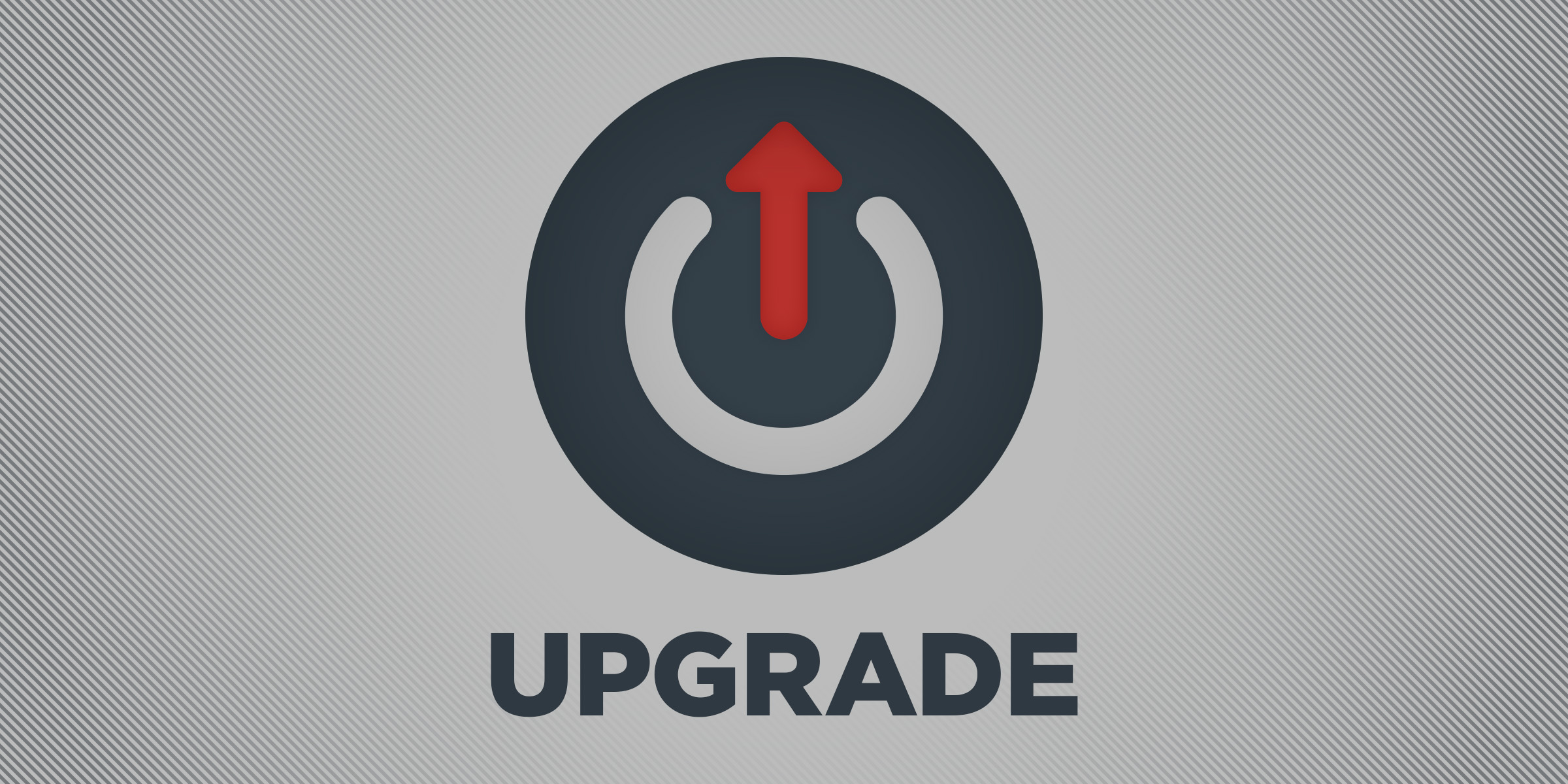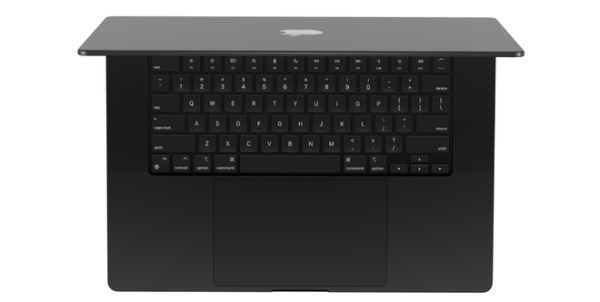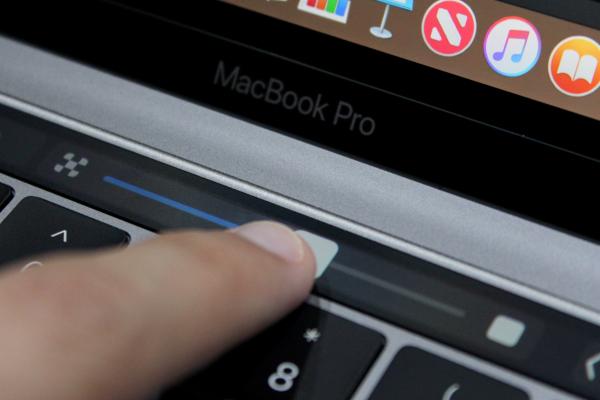The nature of online transactions has evolved dramatically in the last few years, and you can find a huge range of payment methods tailored to different needs today. Among these are eWallets like PayPal and open banking solutions like Trustly. These have become particularly popular for online gambling and have proven to be a safer option than using your direct debit card.
This article explores why eWallets and open banking solutions are safer for gambling transactions than traditional debit cards.
The Growing Importance of Payment Security in Gambling
Online gambling involves significant financial transactions, often between users and platforms located in different jurisdictions. This setup creates vulnerabilities for both parties.
Cybercrime targeting financial data has increased along with technical evolutions, and traditional payment methods like debit cards are increasingly at risk. The key concerns include:
- Data Theft: Debit cards require sharing sensitive card details, which, if intercepted, could lead to fraud or unauthorized transactions.
- Overspending Risks: With a direct link to one's bank account, debit cards make it easier to overspend.
- Lack of Anonymity: Every transaction made with a debit card can be traced back to the user's bank account, compromising privacy.
To address these issues, eWallets and open banking solutions provide secure, efficient, and user-friendly alternatives that better align with the needs of modern gamblers.
Why eWallets are Safer for Gambling
eWallets act as intermediaries between your bank account and the online casino, offering layers of security and convenience. Popular options include PayPal, MuchBetter, and Payz.
The exact availability and popularity depend on where you play from. In the UK, a PayPal deposit casino is the most popular option. However, PayPal cannot be used for gambling transactions in other regions, so alternative eWallets are needed.
The exact safety measures can also differ from one eWallet to the next. However, the security features below are usually available.
Enhanced Privacy
eWallets eliminate the need to share sensitive bank or debit card details with gambling platforms. Instead, users link their eWallet to their bank account and fund it as needed. This ensures that the platform only interacts with the eWallet, not your primary bank account.
Fraud Prevention
Most eWallet providers employ robust security measures, including two-factor authentication (2FA), device recognition, and transaction monitoring. These systems can detect and prevent fraudulent activity more effectively than traditional debit card systems.
Most eWallet have mobile apps that allow you to create a one-time use debit card that ensures your card details are impossible to misuse. You also can block cards with ease or get instant notifications when a transaction has been made.
Spending Control
Using an eWallet allows you to set strict limits on your gambling expenses. By transferring a pre-defined amount into the eWallet, you can create a buffer that separates gambling funds from essential finances. You can often block or limit the gambling transactions in the eWallet itself, giving you further control over your spending.
Dispute Resolution
eWallets often provide better mechanisms for resolving disputes with merchants. For instance, PayPal has a buyer protection program that can mediate and refund unauthorized or fraudulent transactions, adding an extra layer of user confidence.
Open Banking: A Revolutionary Approach to Secure Payments
Open banking refers to the practice of allowing third-party financial service providers to access banking data with the user's consent. It relies on secure application programming interfaces (APIs) to facilitate direct payments from a user's bank account without exposing sensitive details. Popular options include Trustly and Volt. However, many such options are nationally limited, like Swish for Sweden or Interac for Canada.
You use your online banking credentials to log in via a safe gateway provided by your bank. In other words, this payment option is as safe as your bank and nearly impossible to abuse. Open banking options typically do not charge fees and can be used instantly to/from your bank account, which makes it an easy and safe choice for online gambling.
Direct but Secure Transactions
Unlike debit cards, open banking allows users to transfer funds directly from their bank account to the gambling platform without sharing account details. This is achieved through secure APIs that encrypt the transaction data.
Open banking payments are processed instantly, which is a big advantage for casino withdrawals. Normal bank transactions usually take days to complete, while these take a few minutes.
Consent-Driven Access
Open banking systems prioritize user consent. Gamblers explicitly authorize each transaction using their online banking credentials, reducing the likelihood of unauthorized payments.
Advanced Authentication
Open banking adheres to strong customer authentication (SCA) standards mandated by regulations like the EU's Payment Services Directive 2 (PSD2). This involves multi-factor authentication, significantly reducing fraud risks compared to debit cards.
No Middleman Fees
Open banking bypasses intermediaries like card networks, making transactions more cost-effective. While this doesn't directly impact safety, it does add financial convenience for users.
Comparing eWallets, Open Banking, and Debit Cards for Gambling
|
Feature
|
Debit Cards
|
eWallets
|
Open Banking
|
|
Data Security
|
Vulnerable to breaches
|
Encrypted and tokenized
|
API-driven encryption
|
|
Privacy
|
Limited
|
High
|
High
|
|
Fraud Protection
|
Reactive (after fraud occurs)
|
Proactive (real-time detection)
|
Proactive (SCA compliance)
|
|
Transaction Speed
|
Moderate
|
Fast
|
Instant
|
|
Spending Control
|
Low
|
High (pre-funded accounts)
|
High (consent-based payments)
|
|
Dispute Resolution
|
Bank-dependent
|
Strong (e.g., PayPal policies)
|
Bank and regulatory oversight
|
Challenges and Considerations
While eWallets and open banking solutions are generally safer, they are not without challenges:
- Regional Restrictions: Some jurisdictions do not permit certain eWallets or open banking solutions for gambling.
- Fees: eWallets often charge fees for deposits, withdrawals, or currency conversions.
- Learning Curve: Users unfamiliar with these technologies may find the setup process daunting.
Despite these challenges, the safety advantages outweigh the drawbacks for most users. It's always a good idea to compare the different options available in your country to see which one is the best option for your usage.















